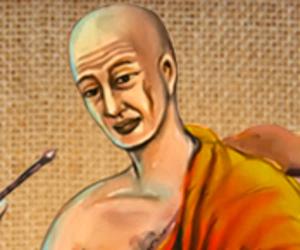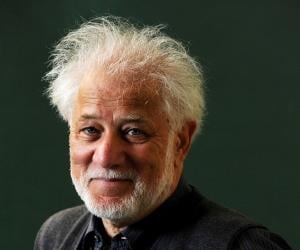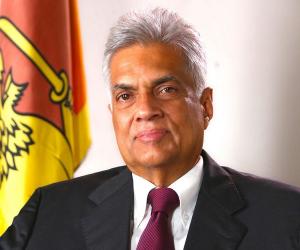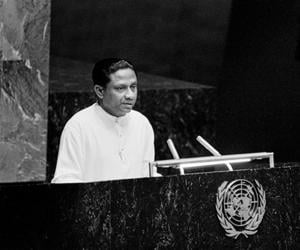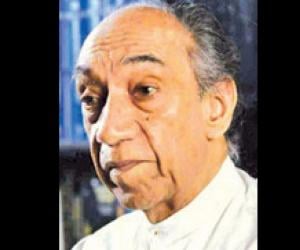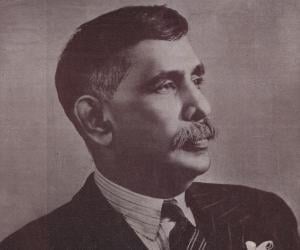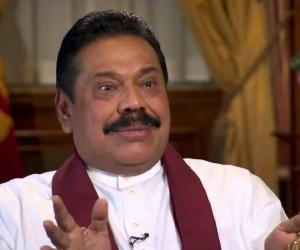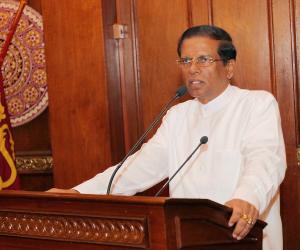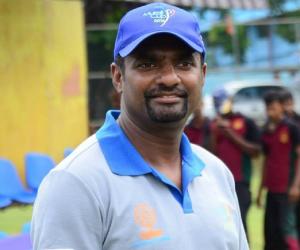

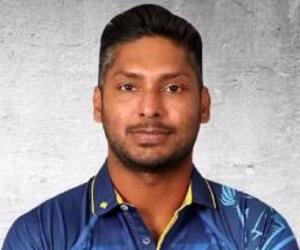
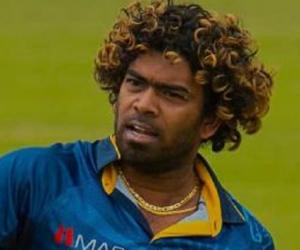
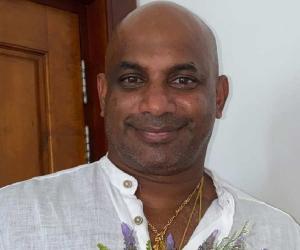
Michael Ondaatje is a Sri Lankan-born Canadian poet, writer, and filmmaker. Born in Sri Lanka, he eventually migrated to Canada. He studied at Bishop's University and embarked on a teaching career. His literary works include poems, novels, and essays. He is the recipient of multiple prestigious awards, including the Giller Prize and the Booker Prize.
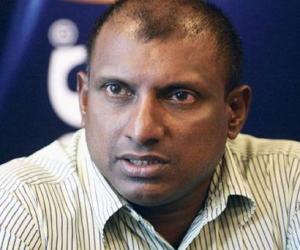
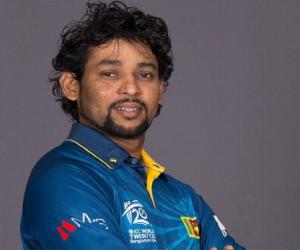
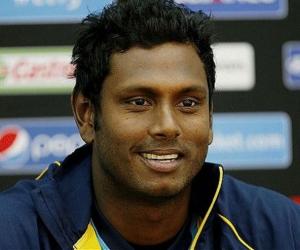
Former Sri Lankan prime minister Ranil Wickremasinghe was born into a family of print media moguls and grew up to become an advocate. The United National Party leader had also been in the news for his rounds of peace talks with the LTTE. He is married to academic Maitree Wickremasinghe.
Ranasinghe Premadasa was a Sri Lankan politician who served as the third president of Sri Lanka from 1989 to 1993. Before serving as the president, Premadasa served as the prime minister of Sri Lanka from 1978 to 1989. In 1986, he became the first Sri Lankan to receive the prestigious Sri Lankabhimanya, the country's highest civilian award.
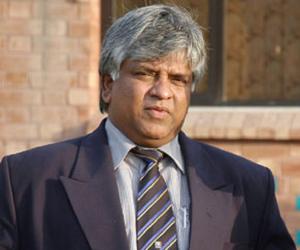
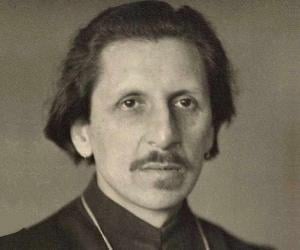
Ananda Coomaraswamy was a Ceylonese Tamil philosopher of Indian art, metaphysician, and pioneering historian. He is credited for being one of the earliest interpreters of Indian culture to the West. He is also held responsible for introducing ancient Indian art to the West. Apart from bridging the gap between East and West, Coomaraswamy's works also aimed at rehabilitating original Buddhism.
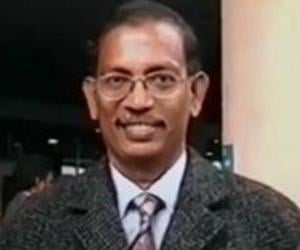
Arul Pragasam was a Sri Lankan Tamil activist and revolutionary. He played an important role in the formation of the Eelam Revolutionary Organisation of Students during the Tamil independence movements in England. The movement, which originated in Sri Lanka, aimed at securing an independent Tamil state in the island country due to the oppression of Sri Lankan-Tamils by the government.
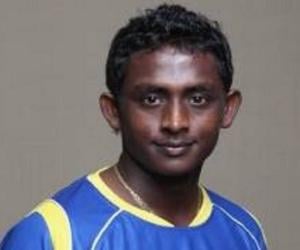
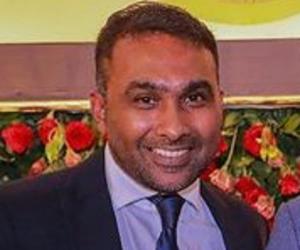
J. R. Jayewardene was a Sri Lankan politician and leader. He served as the prime minister of Sri Lanka from 1977 to 1978 and then went on to serve as the country's second president from 1978 to 1989. A controversial figure, Jayewardene's actions have been recognized as a contributing factor to the commencement of the Sri Lankan Civil War.
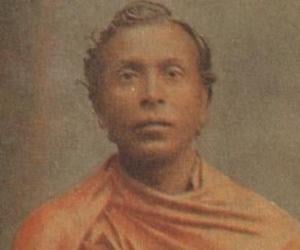
Sri Lanka’s first prime minister, D. S. Senanayake, was the son of a plantation owner and graphite miner and was raised as a devout Buddhist. An amateur cricketer in school, he later took to rubber planting and formed the cooperative-society movement. He rejected the honor of a knighthood.
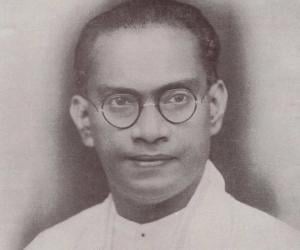
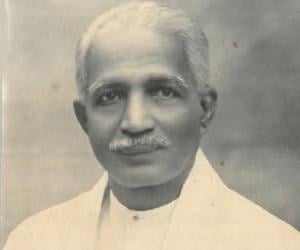
C. W. W. Kannangara was a Sri Lankan politician and lawyer. He played an important role in the Sri Lankan independence movement, a peaceful political movement aimed at achieving freedom from the British Empire. As a lawyer, C. W. W. Kannangara defended many political prisoners during the Riots of 1915 and later served as the President of Ceylon National Congress.
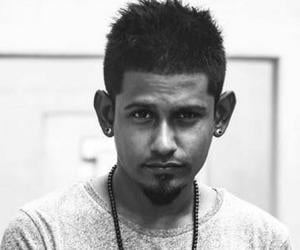
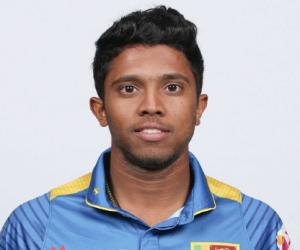
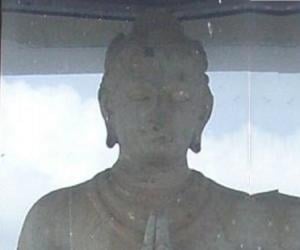
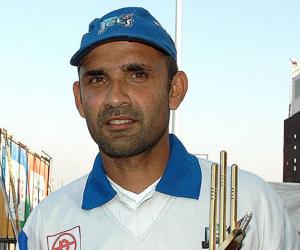
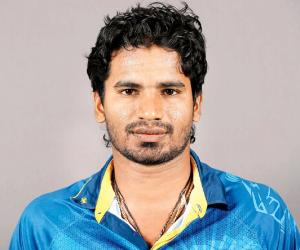
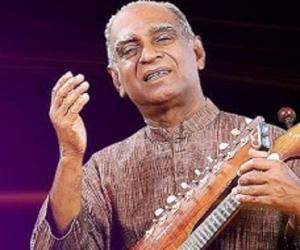
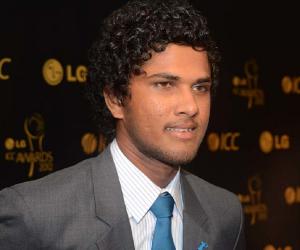
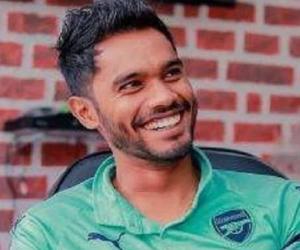
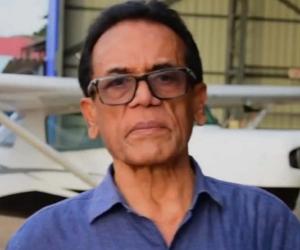
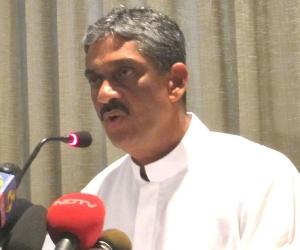
Sarath Fonseka is a Sri Lankan former politician and army officer. He served as the Commander of Sri Lanka Army during the Sri Lankan Civil War and is credited with ending the 26-year war in 2009 by defeating Liberation Tigers of Tamil Eelam. After serving as the Commander, Sarath Fonseka briefly served as Chief of the Defence Staff in 2009.
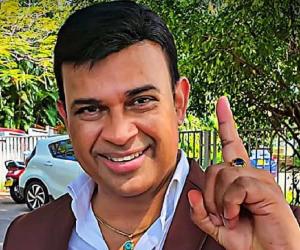
Ranjan Ramanayake is a Sri Lankan former politician, film director, actor, script writer, and singer. He achieved immense popularity during the 1990s, when he appeared in many Sinhala language films. One of the most popular and celebrated Sri Lankan actors of his generation, Ranjan Ramanayake has won numerous awards, including nine Sarasaviya Awards.
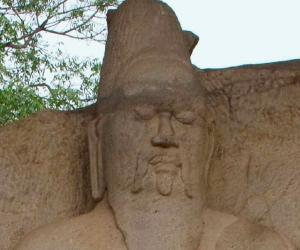
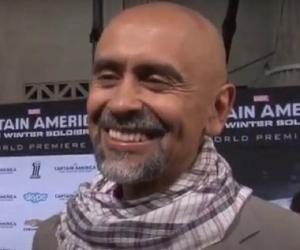
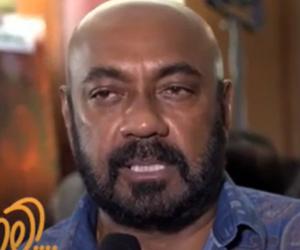


Former president of Sri Lanka Maithripala Sirisena, son of a World War II veteran, first stepped into politics with the Ceylon Communist Party and then led the Sri Lanka Freedom Party. A probe into the 2019 church bombings in Sri Lanka found he had ignored prior hints about the attack.
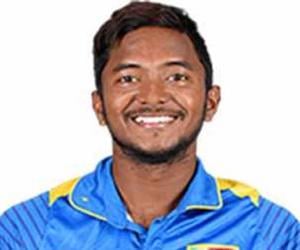
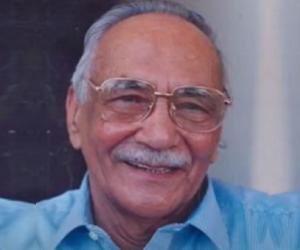
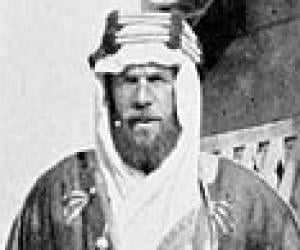
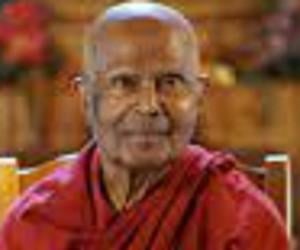
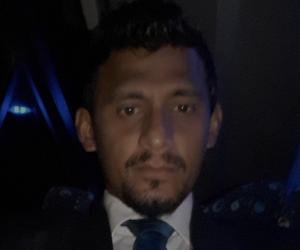
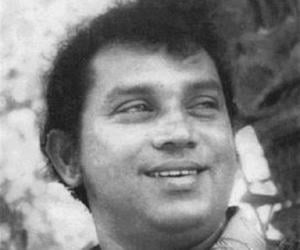
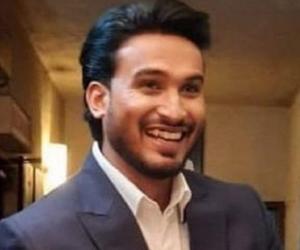
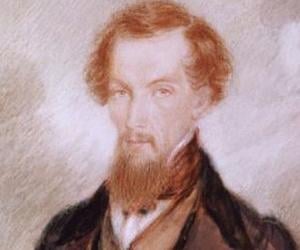
Henry Montgomery Lawrence was a British statesman, administrator, military officer, and surveyor in British India. He is best remembered for founding The Lawrence Military Asylums, a series of military-style boarding schools. Three of these schools exist today in present-day India and Pakistan.
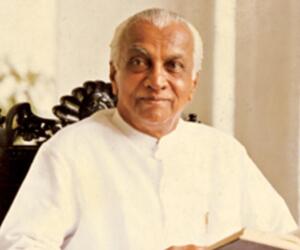
Dingiri Banda Wijetunga was a Sri Lankan political leader best remembered for his service as the President of Sri Lanka from 1993 to 1994. An influential politician, he also served as the Prime Minister of Sri Lanka from 1989 to 1993. In 1993, Dingiri Banda Wijetunga was honored with the prestigious Sri Lankabhimanya, Sri Lanka's highest civilian honor.

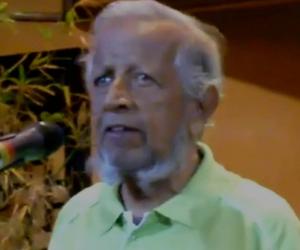
J.B. Jeyaretnam was a Sri Lankan-born Singaporean lawyer, politician, and judge. He is best remembered for his association with the Workers' Party, where he served as Secretary-General from 1971 to 2001. In 2008, J.B. Jeyaretnam also served briefly as the Secretary-General of the Reform Party.
